Wills & Estates Solicitor in Nowra
Serving Shoalhaven & The Illawarra
- No-Cost First Consultation
- 30+ Years Diverse Legal Experience
- Transparent Legal Advice
Request a Call Back
Thank you for contacting NH Legal.
We will get back to you as soon as possible.
Oops, there was an error sending your message.
Please try again later.
Nowra Wills & Estates Solicitor
At NH Legal in South Nowra, we approach wills and estate matters with a focus on clarity and compliance. Preparing for the future is not just about having a will—it’s about ensuring the document reflects your intentions, meets legal requirements, and accounts for changing circumstances. We prepare simple wills at no cost, helping individuals in the Shoalhaven and Illawarra regions formalise their wishes and protect the interests of those they leave behind. In addition to wills, we assist with powers of attorney and guardianship appointments, ensuring the right people are authorised to make decisions on your behalf if needed.
Every will is drafted with care and attention to legal detail. We offer straightforward processes and communicate clearly at each step. To arrange your free simple will or to discuss your estate needs, call
0416 705 799
to book an initial consultation.
Helping You Plan, Prepare & Protect
Our wills and estates services cover more than just drafting legal documents—we also provide support throughout the estate administration process. If you’ve been appointed as an executor, we can guide you through applying for probate, managing estate assets, and fulfilling legal duties. Estate administration can involve strict timeframes and complex financial steps, so we ensure you understand your responsibilities at every stage. We also help beneficiaries understand their rights and what to expect throughout the process.
In cases involving family disputes, unclear wills, or concerns about fairness, we assess the legal grounds for contesting or defending a claim. These matters often require attention to both legal detail and procedural fairness. We work with clients to resolve disputes through negotiation or litigation when needed, always focusing on legal compliance and sustainable outcomes.
Whether you need help managing an estate or responding to a claim, give us a call to arrange a consultation and receive clear legal direction.
Frequently Asked Questions
Is a DIY "Newsagency Will" enough?
Many people make mistakes in these wills, thinking they have a valid will. We will check it free of charge.
Can I exclude someone from my will to prevent a challenge?
It depends on many things, and there are ways to reduce the possibility of a contest of your will, but it all depends on your circumstances. A will can also only be contested by certain groups of people.
How is contesting a will different from challenging it?
A contested will involves a legislated process and rules, and a person seeking further provision, or some provision from a will where that person feels they have not been treated fairly by the testator. To challenge a will means to dispute its legality or authenticity, to say the will is invalid. It is a common law process. One will can involve both processes.
Do I need to update my will if I dispose of assets in it?
No. But if it’s a major asset it would be best to change your will. But be careful of divesting assets to deny an heir or legatee. This can backfire badly.
Can a person with dementia still make a valid will?
Avoid doing this, as it invites litigation and risks the validity of the will. It is however possible for such a person to make a valid will.
What is probate, and is it always required?
Probate is the process of proving the will so that the assets of the estate can be distributed. Probate is generally only required where the will leaves assets belonging solely to the testator, to another person, and they are over a certain amount in value. A spouse dying and leaving all their jointly owned assets to their surviving spouse does generally not require probate. If there is a jointly owned house, a notice of death transferring the property to the surviving spouse is advised, but this is not probate.
Do I need a will?
No, because the Succession Act sets out who receives the deceased’s property on their death if a person does not have one (“intestate succession”). But a will gives a person the last say in deciding who receives what in their estate, and this is an important right to exercise, and it can also prevent squabbles. The process of asset distribution is also simpler, quicker and more cost-efficient if a deceased has a valid will.
Do wills need to be registered?
Strangely, no. This means that the scope for fraud involving a will, especially when the original is kept by the testator, is greatly increased.
What's the difference between a POA and an EG?
A POA concerns money and property, such as a bank account, a contract, or a house. EG is about one’s personal choices and circumstances, especially when one is not able to make that choice, and the power to do so is transferred to an appointee. The powers inherent in both of these documents end when a person dies. The will then governs the situation.
Do I really need a POA or EG?
Yes. The Guardianship Act states that a person’s spouse is their lawful guardian, and parents are the lawful guardians of their child. The problem arises when these people cannot exercise their lawful powers, because of death, sickness, loss of mental capacity, or revocation of parental responsibility by a court. In an aging society, this is far more common than most people think.
Regarding the POA, the situation often arises that an aging person needs somebody to sign documents or perform transactions on a bank account on their behalf, due to incapacity in one form or another. Also, if a couple own a house jointly, and one of them becomes mentally incapable, the other will need to approach the Guardianship Tribunal (NCAT) to seek permission to deal with their own house, unless they have a valid POA.





